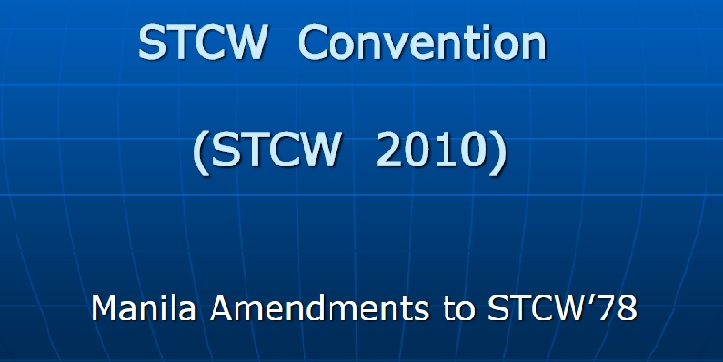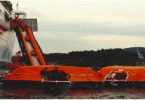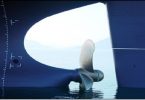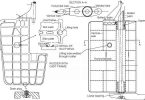The Manila amendments to the STCW Convention and Code were adopted on 25 June 2010, marking a major revision of the STCW Convention and Code. The 2010 amendments are set to enter into force on 1 January 2012 under the tacit acceptance procedure and are aimed at bringing the Conventio n and Code up to date with developments since they were initially adopted and to enable them to address issues that are anticipated to emerge in the foreseeable future.
Amongst the amendments adopted, there are a number of important changes to each chapter of the Convention and Code, including:
- Improved measures to prevent fraudulent practices associated with certificates of competency and strengthen the evaluation process (monitoring of Parties’ compliance with the Convention);
- Revised requirements on hours of work and rest and new requirements for the prevention of drug and alcohol abuse, as well as updated standards relating to medical fitness standards for seafarers;
- New certification requirements for able seafarers;
- New requirements relating to training in modern technology such as electronic charts and information systems (ECDIS);
- New requirements for marine environment awareness training and training in leadership and teamwork;
- New training and certification requirements for electro-technical officers;
- Updating of competence requirements for personnel serving on board all types of tankers, including new requirements for personnel serving on liquefied gas tankers;
- New requirements for security training, as well as provisions to ensure that seafarers are properly trained to cope if their ship comes under attack by pirates;
- Introduction of modern training methodology including distance learning and web-based learning;
- New training guidance for personnel serving on board ships operating in polar waters; and
- New training guidance for personnel operating Dynamic Positioning Systems.






